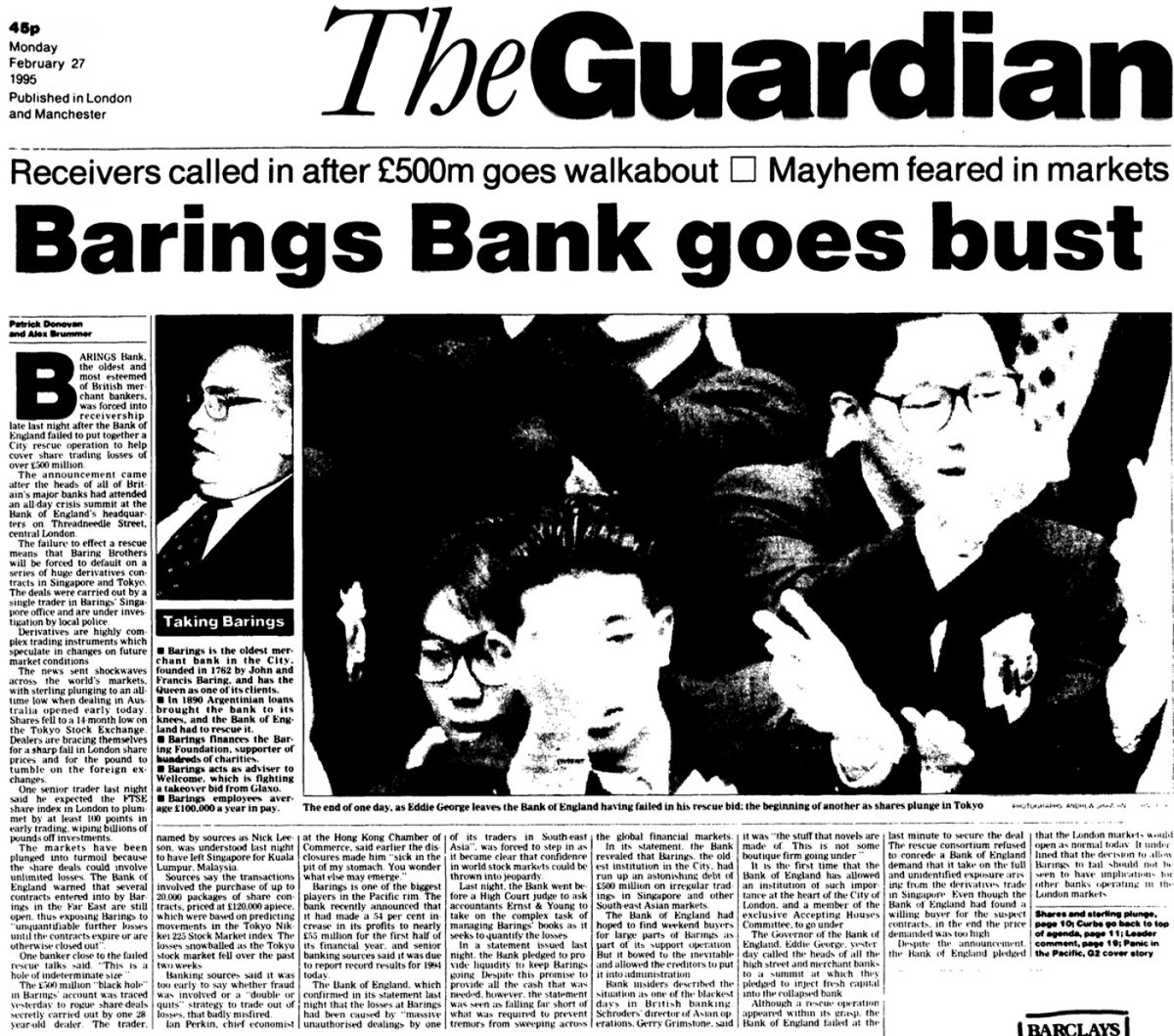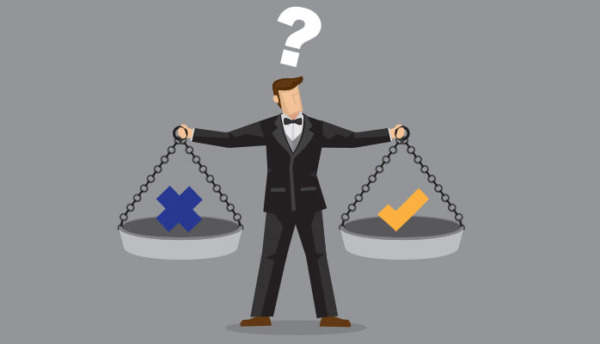Personal privacy is a concept not foreign to most, if not all individuals. Whether it is to keep certain details about themselves private or to stray away from the societal obligations tied to themselves, individuals tend to isolate themselves to prevent things close to them from becoming public. Though in the last twenty years, information technology has essentially erased the barrier dividing what personal and private information should be. Large tech companies have imposed a risk on individuals’ privacy with the way personal information is handled and distributed within those companies. Companies such as Google and Facebook constantly track an individual’s behaviours online and use their data in immoral ways that most individuals are not aware of. Google is notorious for this, and even explicitly states in their terms of service that their “…automated systems analyze your content (including emails) to provide you personally relevant product features, such as customized Continue reading
Business Ethics
Business ethics (also known as corporate ethics) is a form of applied ethics or professional ethics that examines ethical principles and moral or ethical problems that arise in a business environment. It applies to all aspects of business conduct and is relevant to the conduct of individuals and business organizations as a whole. Business ethics can be both a normative and a descriptive discipline. As a corporate practice and a career specialization, the field is primarily normative. In academia descriptive approaches are also taken. The range and quantity of business ethical issues reflects the degree to which business is perceived to be at odds with non-economic social values.
Business Ethics Case Study: The Volkswagen Emissions Scandal
Over the last few decades, there has been great concern regarding the sustainability and conservation of the environment. Environmental pollution and globalization have become the concern of most environmental protection agencies. The harmful and mortal effects of nitrogen oxide, which is a pollutant found in car exhaust have led the Environmental Protection Agency (EPA) to tighten emission control considering the attention paid to conservation and saving the green. These concerns have made the EPA constantly announce restrictions for standard emissions for all types of vehicles the sports car, heavy-duty trucks, automobiles, and other types of cars. These stringent measures are necessary considering that nitrogen gas emitted is harmful to human health and results in diseases such as asthma, premature death, bronchitis, and respiratory and cardiovascular. In 2015, the scandal regarding diesel cheat damaged the image of the Volkswagen Company. In light of the discovery of the diesel dupe of Volkswagen Continue reading
Case Study: Nick Leeson and the Collapse of Barings Bank
In 1985, Nick Leeson had a job as a clerical work at Coutts & Co. The Coutts & Co is a private banking house in United Kingdom which own by aristocrat. This bank was a subsidiary of the National Westminster Bank. During that period, the stock markets were rising for several years and the bank were expanding into a new financial instruments coming in and demand for labor was high. During that time, Nick Leeson was the person who had many working class young men. After two years, Nick Leeson moved to Morgan Stanley, one of the US investment bank. Nick Leeson be a settlements clerk at that bank. Nick Leeson can absorb more knowledge about new derivatives market from that bank. In 1989, Nick Leeson was applying a for job at Baring Securities due to his own knowledge with trading in Japan, that time Nick Leeson was 22 years Continue reading
Creative Accounting – Definition, Techniques and Ethical Considerations
Definition of Creative Accounting Creative accounting is accounting practice that falls outside the regulation and give benefit to certain people. It can be described as a practice with a clear aim to interrupt the financial reporting process which affects reported income to make it looked normal and provides no true economic advantages to relevant parties like shareholders. Concisely, creative accounting is the transformation of financial accounting figures from what they actually are to what users’ desire by taking advantage of the accounting policies which is permitted by accounting standards. Creative accounting is a practice that potentially being undertaken as a result from some individual care more on their own interest and indirectly causes issues arise in ethical dimension of creative accounting. From information perspective, agency theory gives a clear picture on creative accounting scenario. Whereby managers misuse their privileged position in manipulating financial reporting in their own interest which Continue reading
Socially Responsible Investment (SRI)
Socially responsible investment (SRI) can be defined broadly as an investment process that considers the social and environmental consequences of investments, both positive and negative, within the context of rigorous financial analysis. SRI funds aim to integrate personal, social and environmental concerns with financial considerations, their objective is to increase investors’ wealth while ensuring that the selected companies have a positive impact on people and the Planet. Often called ethical investments or sustainable investments, this type of investment has become increasingly popular in recent years. The early stages of the SRI movement can be traced back to the nineteenth century, especially amongst religious movements such as the Quakers and Methodists. Specifically, these groups excluded investments that would go against their beliefs. Such non-financial ‘exclusionary’ behavior in investment choice became a highlight in 1960s during the Vietnam War, where funds like the PAX World Fund was set up with a mission Continue reading
Importance of Ethics in Business Management Practice
To put in simple words, ethics is the principle of moral values which helps you to take actions that are considered as the right thing to do. However, doing what is ‘right’ is not that straightforward. Since everyone has different backgrounds and cultures, we therefore possess different conceptions and perceptions. This causes complication in the process of understanding the meaning of ethics as each person’s point of view on what is ethical varies significantly. Ethics is not a set of rules that should be followed inevitably but is a guideline to lead you to behave with integrity. It includes values such as equity, responsibility, honesty, and fairness. The importance of ethics can be seen from the fact that many of what were considered as ethical behaviors in the past has developed into law today. For example, stealing is known as an unethical act and is against the law as it Continue reading



